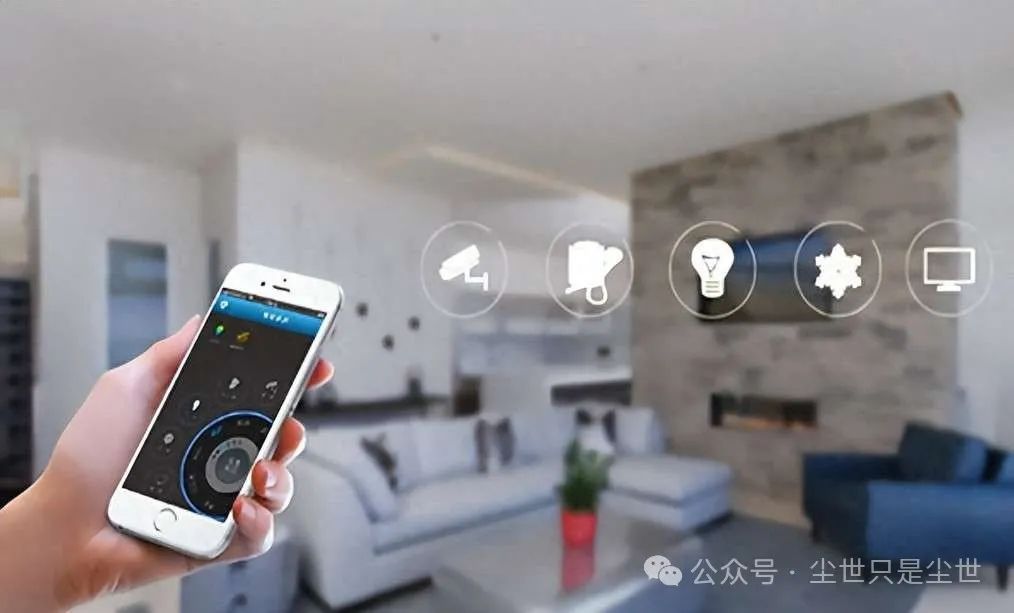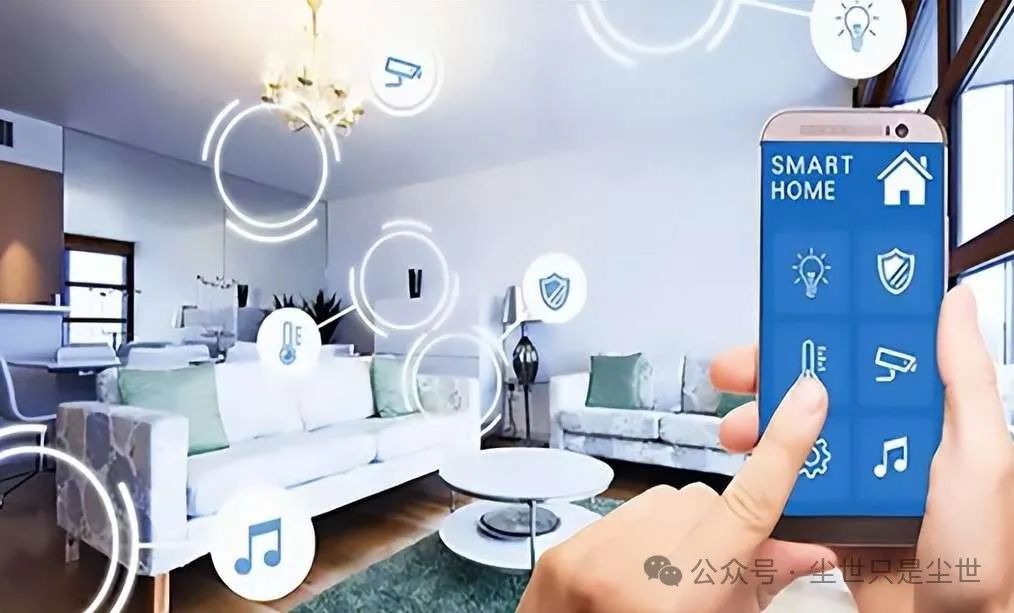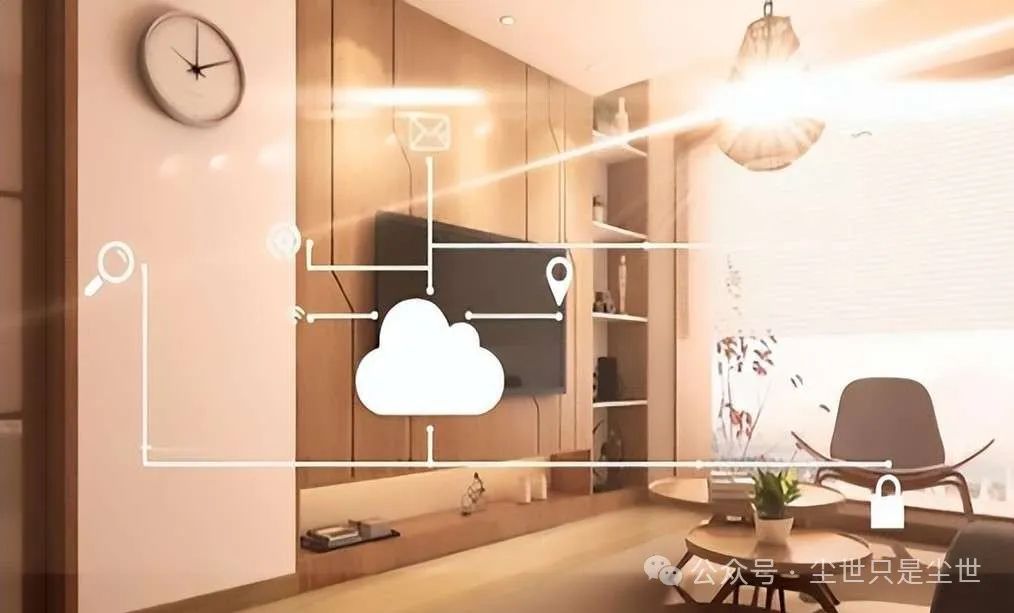With the development of technology, smart home devices have gradually entered thousands of households. But many people may ask: do these devices really help us save electricity? This article will analyze the impact of smart home devices on electricity bills from the perspective of a professional electrician and provide practical optimization strategies.
01 Analysis of Smart Home Device Power Consumption
Smart home devices mainly include smart lighting, smart air conditioning, smart security, and smart appliances. These devices typically consist of three parts: controller, sensor, and actuator.
Controller: As the “brain” of smart homes, it needs to stay on standby 24 hours a day, consuming a small amount of electricity. Sensor: Used to detect environmental changes, its power consumption is minimal. Actuator: Directly controls the operation of devices and is the main source of power consumption.
Overall, the standby power consumption of smart home devices is generally low, mostly between 0.1-2W.
However, as they need to operate around the clock, the cumulative power consumption cannot be ignored.
For example, a smart socket has a standby power consumption of about 0.5W, resulting in an annual cumulative power consumption of about 4.38 kWh, which translates to approximately 1.75 yuan in electricity costs (calculated at 0.4 yuan/kWh).
02 Smart Home Electricity Saving Strategies

Although smart home devices themselves may increase electricity consumption, reasonable usage can still achieve overall energy savings. Here are several effective optimization strategies:
-
Smart Lighting Optimization
Using Human Sensors: Install human-sensing lights in corridors, bathrooms, and other areas that automatically turn off when no one is present, which can save 30-50% of lighting electricity.
Adjusting Light Brightness: Automatically adjust light brightness based on ambient light intensity to avoid excessive lighting, saving 10-20% of lighting power.
-
Smart Air Conditioning Control
Automatic Temperature Adjustment: Set smart thermostats to avoid excessively low or high indoor temperatures, which can save 15-30% of air conditioning electricity.

Control Based on Presence: Use mobile GPS or smart sensors to detect whether family members are home and automatically adjust the air conditioning operation state, saving 10-20% of energy consumption.
-
Standby Power Management
Smart Socket Timed Power Off: Use smart sockets for devices like TVs and computers to turn off power when not in use, which can reduce 5-10% of standby power consumption.
Centralized Control Switch: Set a “Leaving Home Mode” to turn off all non-essential electrical devices with one click, avoiding waste caused by forgetting to turn off appliances.
-
Power Consumption Behavior Analysis and Optimization
Power Consumption Data Visualization: Use smart meters to monitor the power consumption of each device in real-time, visually displaying power peaks to help users optimize their electricity usage habits.

Personalized Energy Saving Suggestions: Based on power consumption data analysis, provide targeted energy-saving suggestions, such as recommending using the washing machine during off-peak electricity hours.
03 Precautions for Using Smart Home Devices
-
Safety First: Purchase products with 3C certification to avoid safety hazards from inferior products.
-
Protect Privacy: Set complex passwords and update firmware regularly to prevent devices from being hacked.
-
Reasonable Planning: Choose devices based on actual needs to avoid excessive smartification leading to increased energy consumption.
-
Regular Maintenance: Clean sensors regularly to ensure devices work properly and avoid increased energy consumption due to malfunctions.
-
Stay Vigilant: Do not overly rely on smart devices; cultivating good energy-saving habits is key.
Smart home devices can indeed help us save on electricity bills to a certain extent, but the premise is to use them reasonably and optimize their use. We should make full use of the advantages of smart devices while also developing good electricity usage habits to truly achieve the goal of energy saving and emission reduction.
